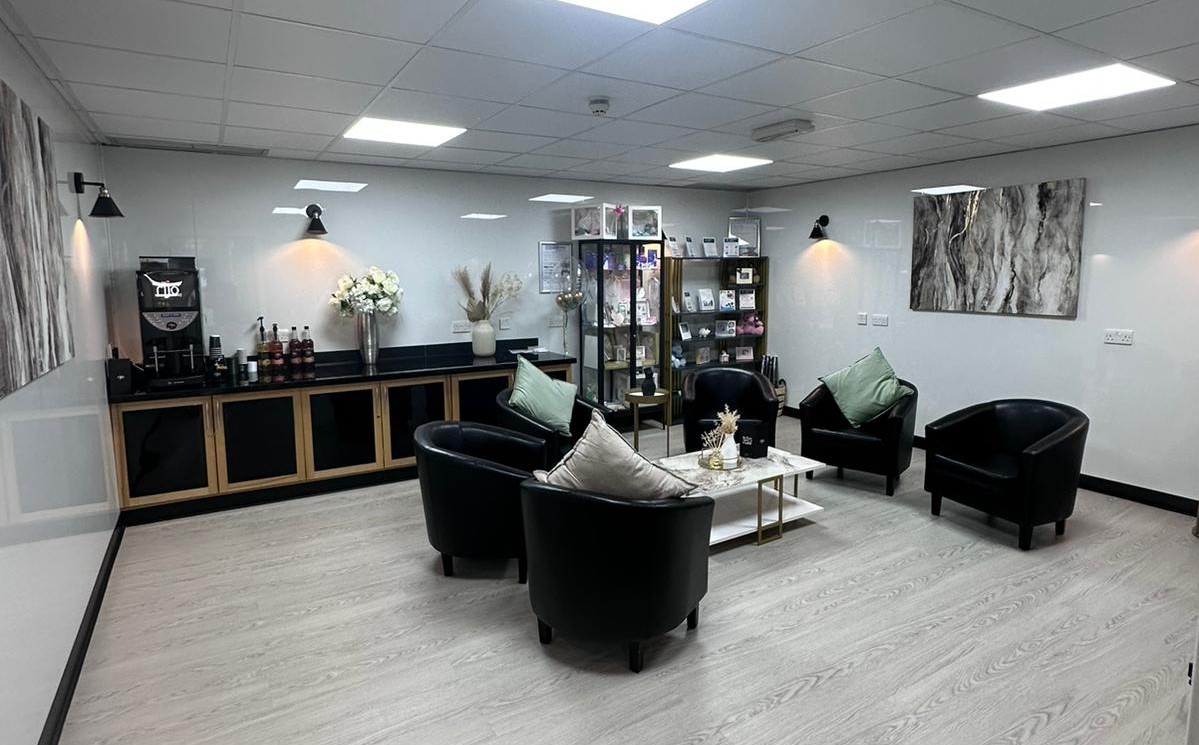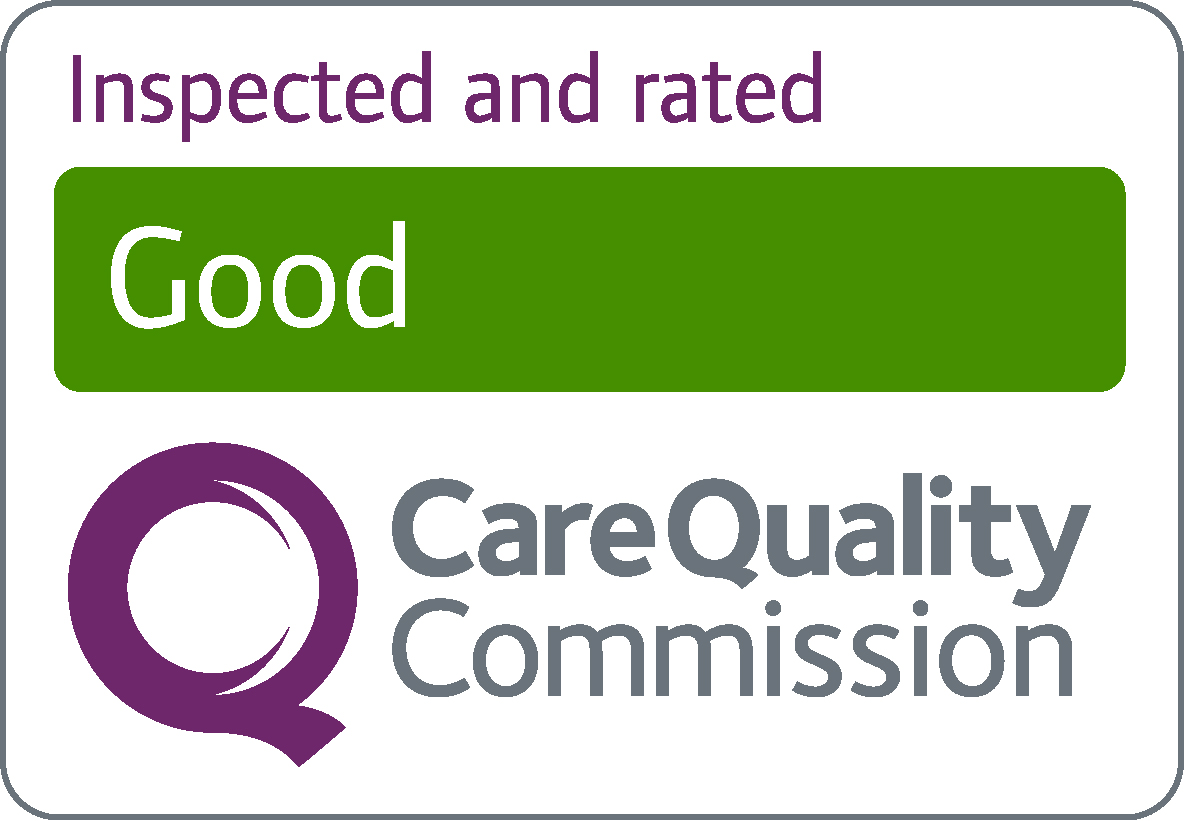Claustrophobia
Claustrophobia is a phobia condition that makes a person develop extreme fear of being in confined spaces. Such fear may be had in such areas as the elevators, small rooms, tunnels or crowded areas. Individuals experiencing claustrophobia might experience feelings of being trapped or unable to get out or even helpless which can nor just cause a series of physical and emotional conditions.
Claustrophobia Overview
Understanding Causes, Symptoms, and Risk Factors
Causes
-
Prior claustrophobia in confnakots The unexpected occurrence of previous trauma in confined spaces is viewed as a cause of claustrophobia, because past events which caused trauma cannot be predicted.
- Stress responses that are learnt
Symptoms include:
-
Fast heartbeat
- Against the wind Shortness of breath
- Dizziness
- Sweating
- Great need to escape the limited area
- In the worst cases, a person may not venture in circumstances that he/she will feel trapped and this may interfere with his/her normal life and activities.
Risk Factors
Can Claustrophobia be prevented?
The treatment of claustrophobia is usually the cognitive behavioural therapy (CBT) where the person has to be brought out of his irrational fears he or she has. One excellent method of CBT is exposure therapy which is specifically used in desensitising the person in the dreaded claustrophobic set-up. In other cases, the symptoms of anxiety can be managed using drugs such as benzodiazepines or SSRIs.

Preventive, Trusted, and Affordable Healthcare for All
It is extremely crucial to your cognitive, emotional, and physical health to have quality sleep. We offer affordable CBT-I (Cognitive Behavioural Therapy for Insomnia), sleep consultation and a complete lifestyle approach to your care. Whether you have trouble sleeping some of the time, or you experience constant tiredness, we would like to see you sleep better, live better, and stay well, all at an affordable price with the same compassion and professionalism.





